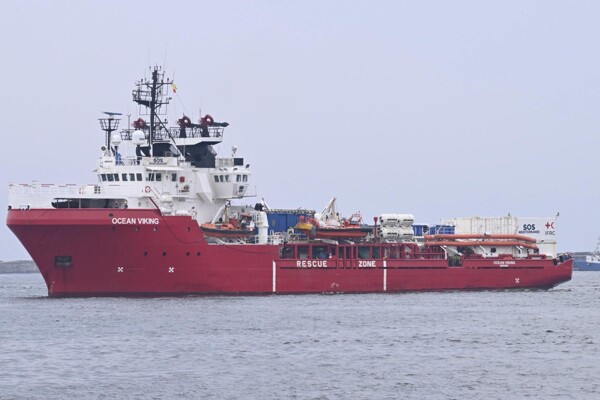
The International Air Transport Association proclaimed the year 2023 as the "safest year to fly." However, recent air accidents have raised concerns among experts and travelers. Hassan Shahidi, executive director of the Flight Safety Foundation, highlighted that there is no evidence of systemic risks in air travel despite these tragedies. Kristy Kiernan, associate professor at Embry-Riddle Aeronautical University, pointed out that it is a crucial time to review the basic safety premises in the sector.
Recent accidents have underscored the need for regulators and airlines to intensify their efforts to ensure the implementation of appropriate safety measures, including training, qualified personnel, and modern equipment. Jeff Guzzetti, former head of accident investigation at the United States Federal Aviation Administration, suggested waiting for the investigation results to identify possible connections between the accidents.
As experts analyze the events, some travelers express concern when boarding planes. Sheron Yuen, a retiree, mentioned feeling anxious after the series of accidents. On the other hand, John Rose, risk director at Altour, noted that he has not seen a decrease in demand for air travel as a result of these events.
The year 2024 has become the deadliest for commercial aviation since 2018, with a series of tragedies, including a collision between a military helicopter and a regional American Airlines plane. Despite these incidents, the consulting firm Safety Operating Systems emphasized that aviation remains the safest mode of transportation.
Air accidents have tarnished the industry’s reputation, raising concerns among travelers and generating questions about the response of one of the safest forms of transport. From an accident in Kazakhstan to a bomb threat on an American Airlines flight to New Delhi, each incident has posed unique challenges and sparked debates about air safety.















